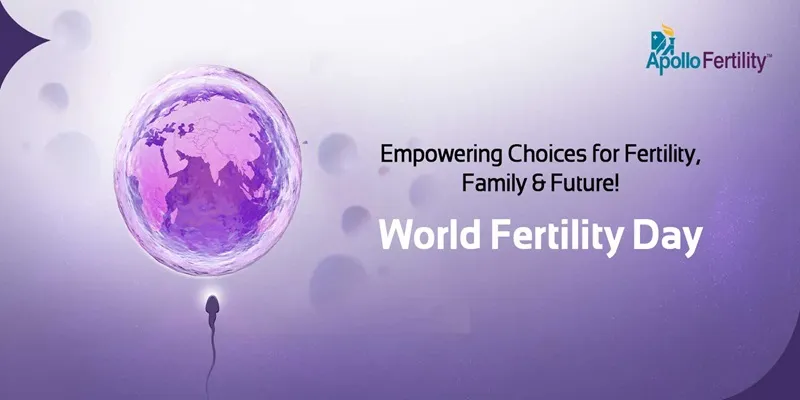Fertility
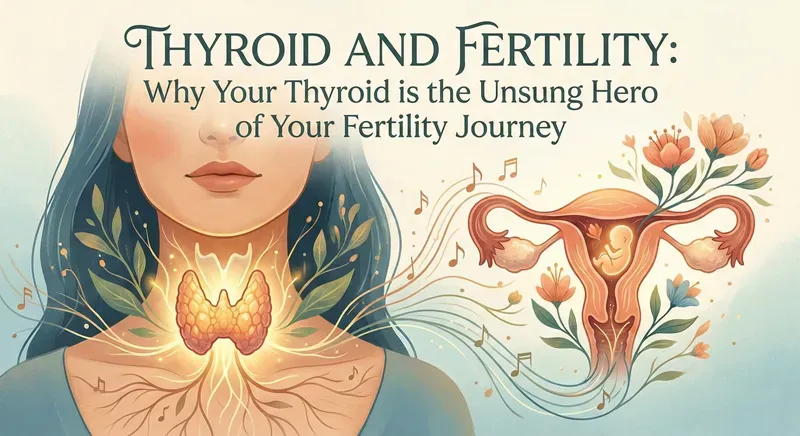
Thyroid and Fertility: Why Your Thyroid is the Unsung Hero of Your Fertility Journey
January 30, 2026By ...

Pushing the Boundaries: A New Era in Male Fertility
January 2, 2026An exclusive article by Dr. Karthikeyan, Uro Andrologist, Chennai For ...
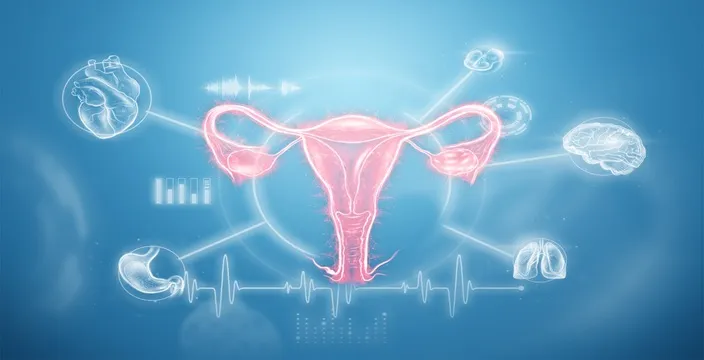
IVF and Assisted Reproductive Technology: Understanding the Latest Advancements
August 27, 2025Most Indian couples wish to have a child. Yet, there are many factors such as health issues, age,...

Join Apollo Fertility in JP Nagar for our Mega Fertility Camp every Saturday to celebrate World IVF Day!
July 31, 2025Apollo Fertility JP Nagar in Bangalore is happy to announce a Mega Fertility Camp every Saturday ...

Celebrate World IVF Day at Apollo Fertility, Banjara Hills – Mega Fertility Camp Every on every 2nd and 4th Saturday!
July 31, 2025Apollo Fertility Banjara Hills in Hyderabad enthusiastically celebrates World IVF Day by presenti...

Best Doctors for Male Infertility Treatment in Hyderabad
July 30, 2025Infertility is often assumed as a ‘woman’s problem’. But what many don’t ...

How to Choose the Best Fertility Specialist in Delhi-NCR: A Complete Guide
July 23, 2025Couples in Delhi today are taking active steps to get help for infertility prob...

Expert Tips for Choosing the Best Fertility Doctor in Hyderabad
May 28, 2025Choosing the best fertility doctor is a crucial step in your journey towards parenthood. Why not?...

What is Fertility Score Card: A Detailed Guide
March 19, 2025The fertility score card has grown to be a valuable tool for identifying state-by-state differenc...

Innovative Fertility Treatments Offered at Apollo Fertility in Bengaluru
January 11, 2025IVF Centre in Bengaluru Around 11% of women and 9%...

Innovative Fertility Treatments Offered at Apollo Fertility in Hyderabad
January 11, 2025Infertility is a major obstruction for couples seeking to build a family and enjoy happy parentho...
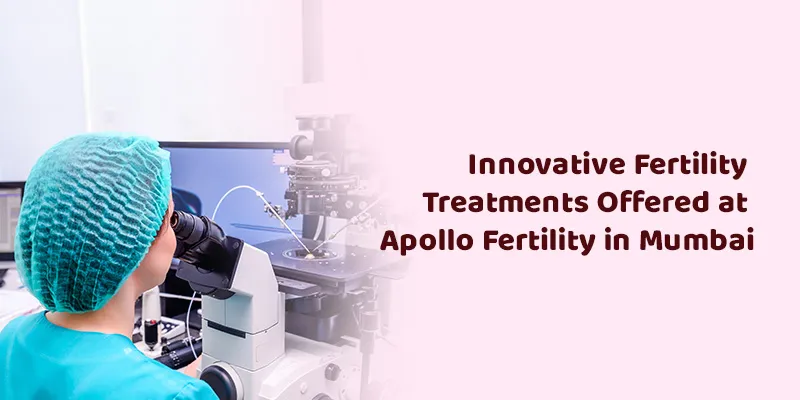
Innovative Fertility Treatments Offered at Apollo Fertility in Mumbai
January 11, 2025In the modern age, fast-paced society, the lifestyle of modern couples has changed drastically. D...
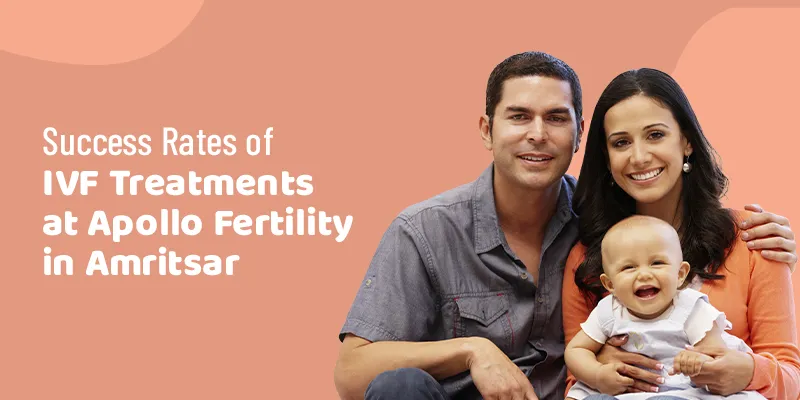
Success Rates of IVF Treatments at Apollo Fertility in Amritsar
January 10, 2025IVF has given a new direction for the treatment of infertility and has brought a lot of hope to m...
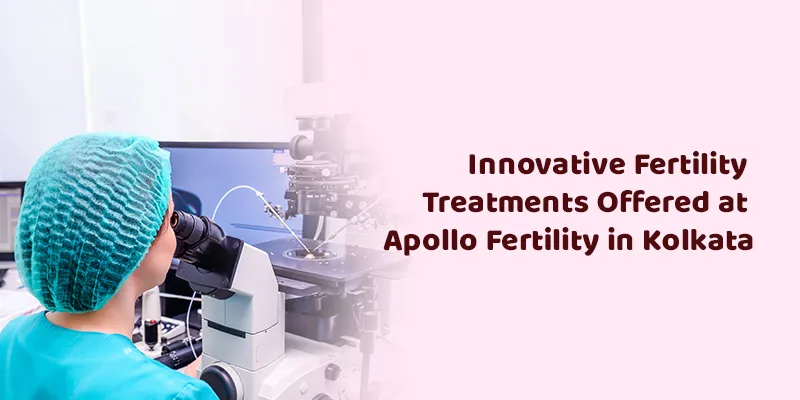
Innovative Fertility Treatments Offered at Apollo Fertility in Kolkata
January 9, 2025The struggle and heartbreak due to the incapability of conceiving among young couples have been o...

Innovative Fertility Treatments Offered at Apollo Fertility in Varanasi
January 6, 2025Becoming a parent and entering parenthood is a dream come true moment for almost everyone. Howeve...
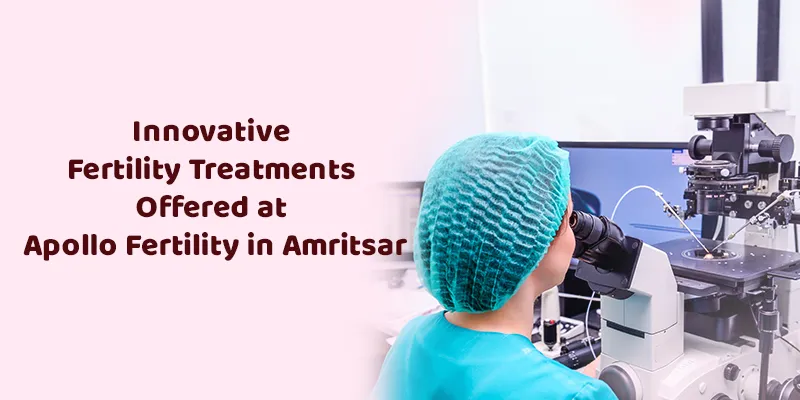
Innovative Fertility Treatments Offered at Apollo Fertility in Amritsar
January 6, 2025The field of reproductive medicine has experienced remarkable growth in the past couple o...

Innovative Fertility Treatments Offered at Apollo Fertility in Chennai
January 6, 2025In the past decade, the face of fertility treatment has changed considerably with innovative brea...
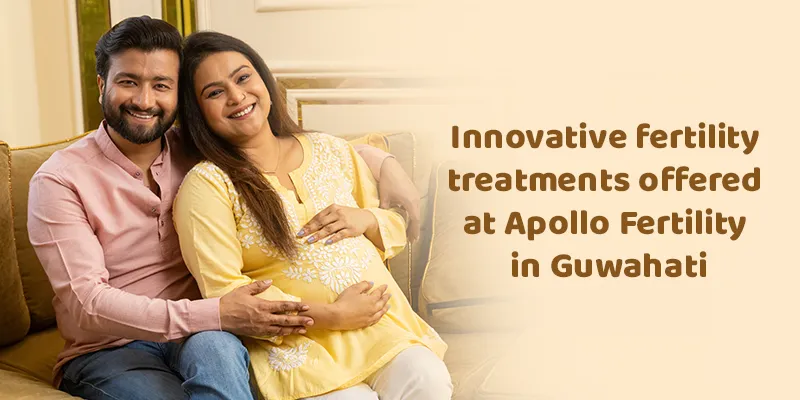
Innovative fertility treatments offered at Apollo Fertility in Guwahati
January 3, 2025Gone are those days when couples deprived of parenthood due to infertility had no other option th...
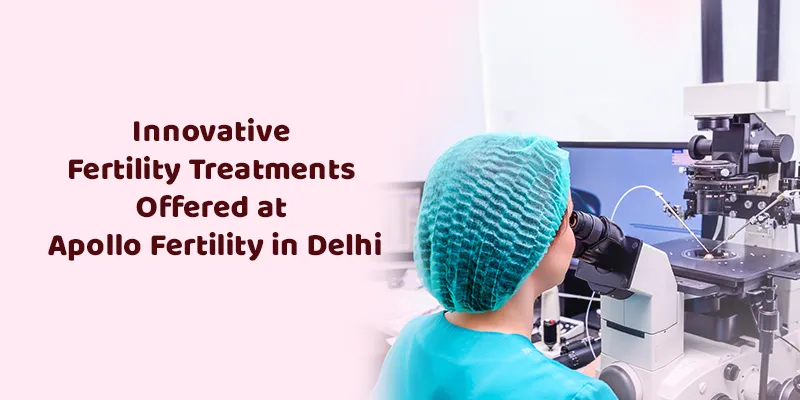
Innovative Fertility Treatments Offered at Apollo Fertility in Delhi
August 27, 2024A recent report from the WHO estimated that about 17.5% of adults, or 1 in 6 pe...
